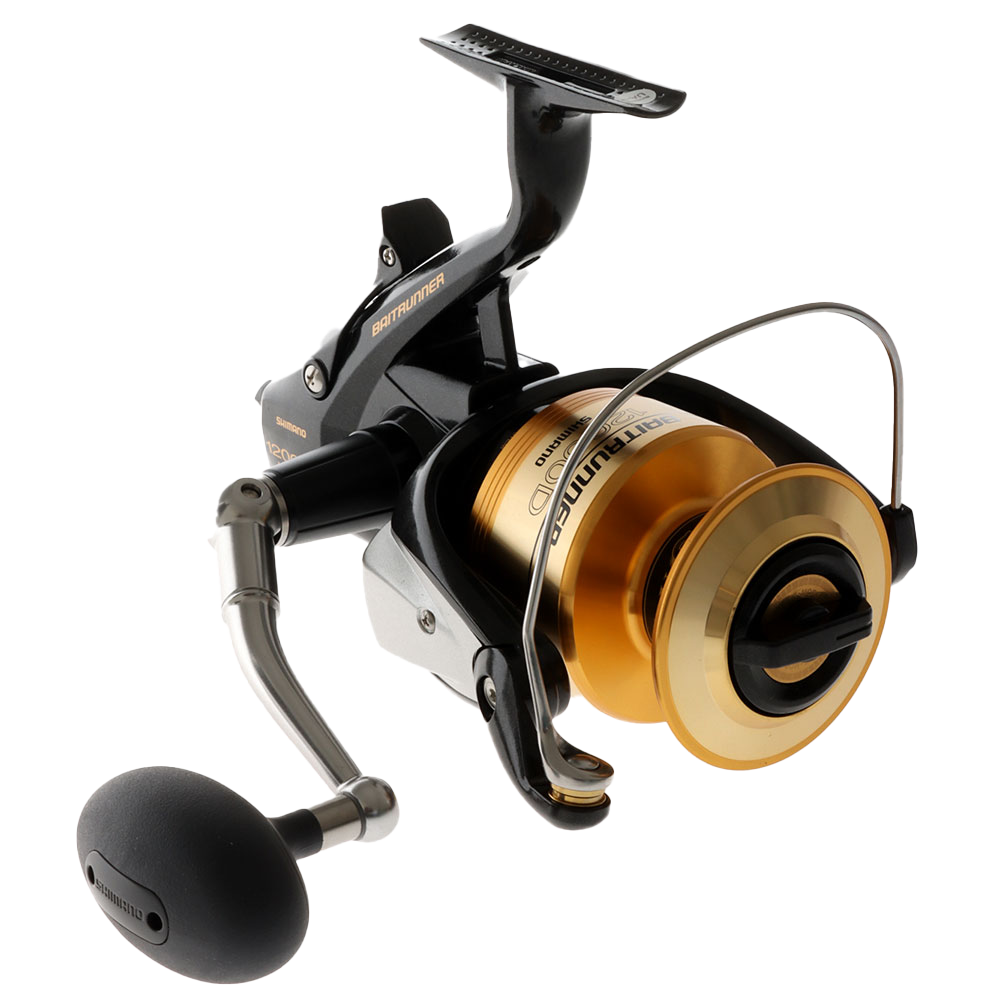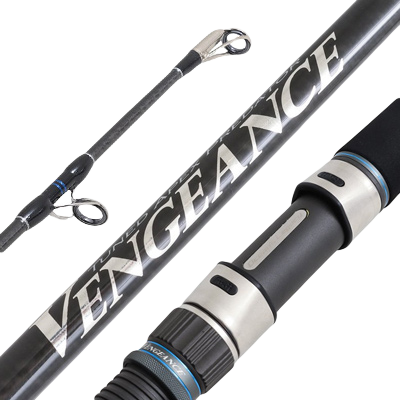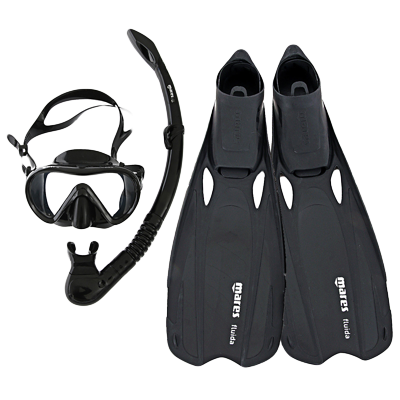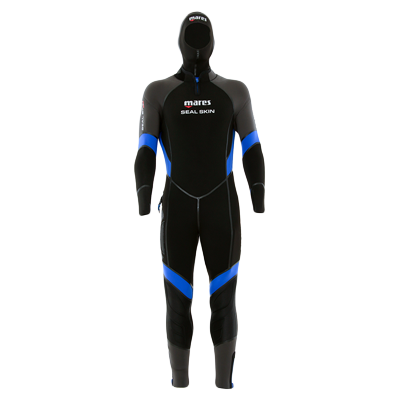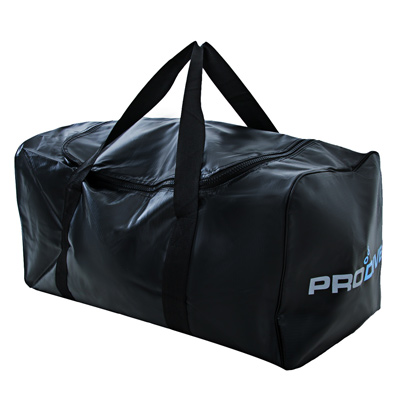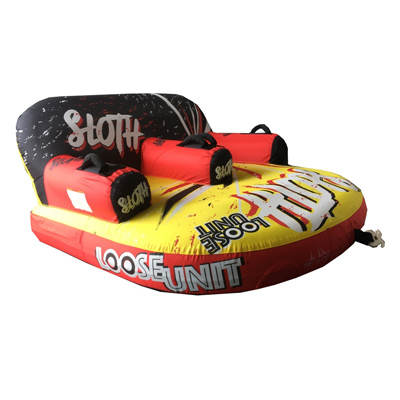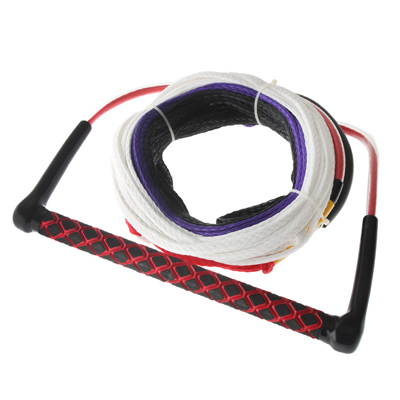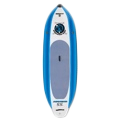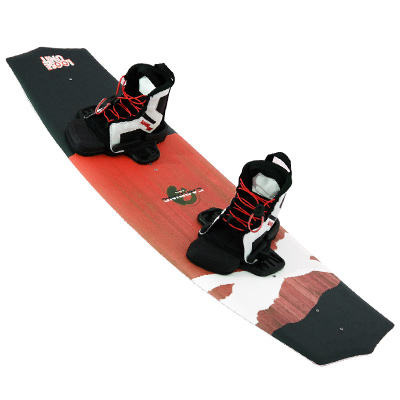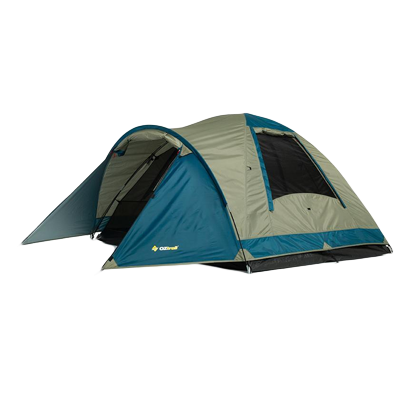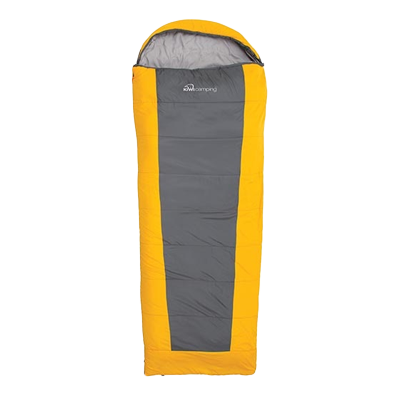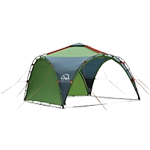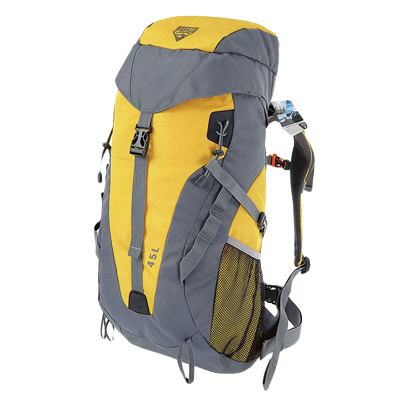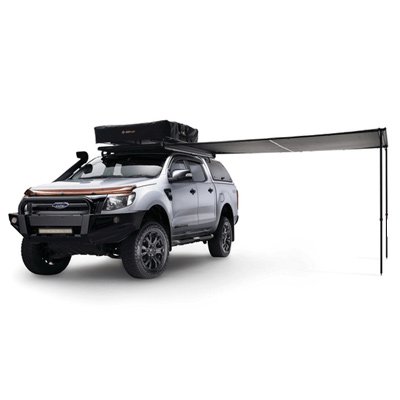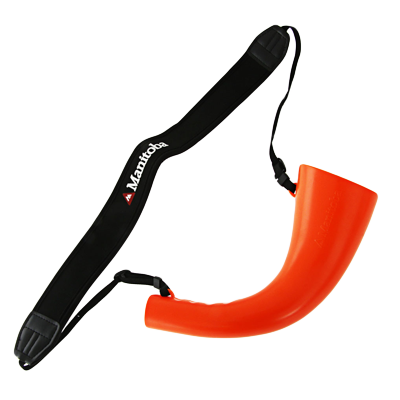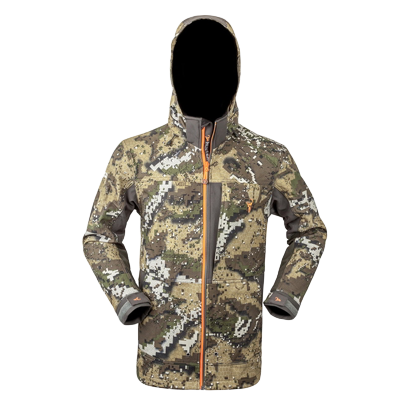Why do a VHF Course?
Under the national law and international agreements, most operators of radio transmitters in the aeronautical, amateur and maritime services are required to:
- hold a relevant radio operator certificate of competency
- use a callsign for identification purposes
Requirements for radio operators on commercial vessels will depend on the radio equipment installed, number of passengers and requirements of current safety legislation. The owners must approach their Safe Ship Management Company or the Maritime Safety Authority (Ph: 0508 22 55 22) for further advice.
Marine radio equipment operators must hold an appropriate operator’s certificate. A MROC Home Study Course is available through eNautical which includes a free marine callsign.
eNautical specialises in delivering e-courses for the MROC qualification (formally the RRTOC). The Ministry’s Maritime Restricted Operator's Certificate (MROC) covers mandatory requirements and is compulsory for vessels equipped with VHF marine radio & travelling overseas, commercial vessels and those carrying single sideband sets.
You can also further your education by reading this Radio Handbook for Coastal Vessels by Maritime New Zealand. The last edition (2007) covers things such as:
- The Maritime Radio Service
- How search and rescue is managed in New Zealand
- Radio waves
- Frequency characteristics
- Simplex and duplex – VHF radio
- Aerials
- Shielding
- Distress, urgency and safety calls
- Distress procedure
- Alarm signal
- Distress call
- Distress message
- Acknowledgement of a distress message
- Relay of a distress message
- Control of distress traffic
- Resumption of restricted working
- Resumption of normal working
- Urgency signal and message
- Safety signal and message
- Emergency position indicating radio beacons (EPIRBs)
- Distress and safety procedure
- Use of cellphones during distress and urgency
- Radio telephone procedure
- Phonetic alphabet
- Transmitting numbers
- Tables of SSB frequencies and VHF channels
- Use of callsigns/IDs
- Operating procedure
- Silence period
- Radio watch
- Voyage or trip reports
- Maritime Radio: VHF and SSB
- Maritime VHF coverage
- VHF broadcasts
- TAUPO Maritime Radio (MF/HF)
- MF/HF broadcasts
- Warnings
- Other weather information
- Medical advice
- Ionospheric prediction services (IPS)
- Satellite safety services
- Offences and penalties
- Medical evacuation (MEDEVAC) checklist
- Sea rescue by helicopter
- Secrecy of correspondence
- Transmissions in harbour
- Testing of radio apparatus
- Interference
- Useful contacts
- Glossary of terms
- Coastal weather forecast areas
- MNZ District offices
Read about Handheld VHF Radios...






